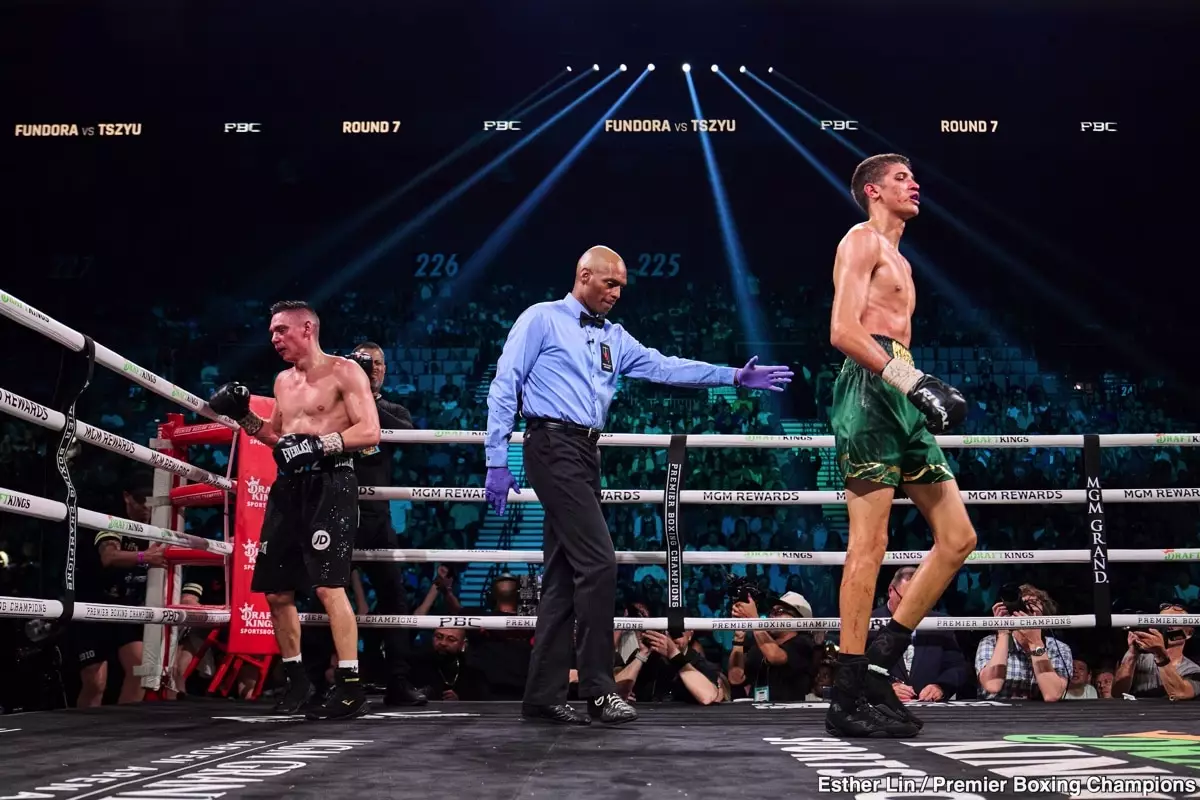In the world of professional boxing, losses are often perceived as insurmountable failures. However, a closer examination reveals that setbacks can serve as crucial turning points—opportunities for introspection, recalibration, and ultimate growth. Tim Tszyu’s recent defeat against Sebastian Fundora, while disappointing on the surface, exemplifies the resilience that distinguishes true champions. Rather than dwelling endlessly on failure, Tszyu publicly acknowledged his loss with a spirit of acceptance and resolve, emphasizing that setbacks are integral to the journey toward greatness. This attitude underscores a vital lesson: the path to mastery is paved with challenges that test one’s character, pushing athletes beyond their comfort zones.
Strategic Reflection Versus Reactionary Rebuilding
Despite his commendable perspective, Tszyu’s narrative reveals a common pitfall among fighters—tendency to focus on immediate results rather than strategic long-term development. Critics have pointed out that his choice of opponents and coaching setups might have exacerbated his vulnerabilities. It’s not enough to simply promise to “move forward”; fighters must critically analyze what went wrong and implement meaningful changes. A superficial rebuilding, such as taking less challenging bouts, may offer temporary relief but ultimately stifles genuine growth. To evolve, Tszyu needs a comprehensive overhaul—rethinking his training methodology, choosing opponents that challenge him at an appropriate level, and sharpening his mental toughness. Without these deliberate steps, reemerging as a true force in the division remains unlikely.
The Division Dilemma: Strategic Moves and Career Reassessment
The current landscape of the super welterweight division paints a stark picture for fighters like Tszyu. With talent stacked and competition fierce, merely staying the course may hinder his prospects of reclaiming a top-tier position. An intriguing alternative would be a strategic move down to the welterweight division—where the competition might be more manageable and opportunities more abundant. Historically, lighter weight classes often present fresher challenges and fresher opportunities for fighters looking to reinvent themselves. Tszyu’s pursuit of “greatness” requires not just perseverance but also smart, calculated decisions that align with the evolving boxing landscape. Sometimes, stepping down divisions leads to a more sustainable, impactful career—one where resilience and strategic acumen combine for enduring success.
The Wisdom of Embracing Personal Transformation
In the face of adversity, Tszyu’s reflections highlight that true greatness transcends the outcome of a single fight. It’s about what fighters become along the way—resilient, adaptable, relentless in pursuit of their goals. Accepting defeat as part of the process rather than an end point demonstrates emotional maturity. However, embracing personal transformation also entails a willingness to confront uncomfortable truths: that real growth demands radical honesty about one’s limitations, the importance of quality guidance, and tactical evolution. The road to greatness demands a balance of tenacity and humility—qualities that Tszyu appears to understand at a fundamental level. But realizing this vision will require more than words; it will require bold, strategic action rooted in self-awareness and a relentless hunger to improve beyond setbacks.

